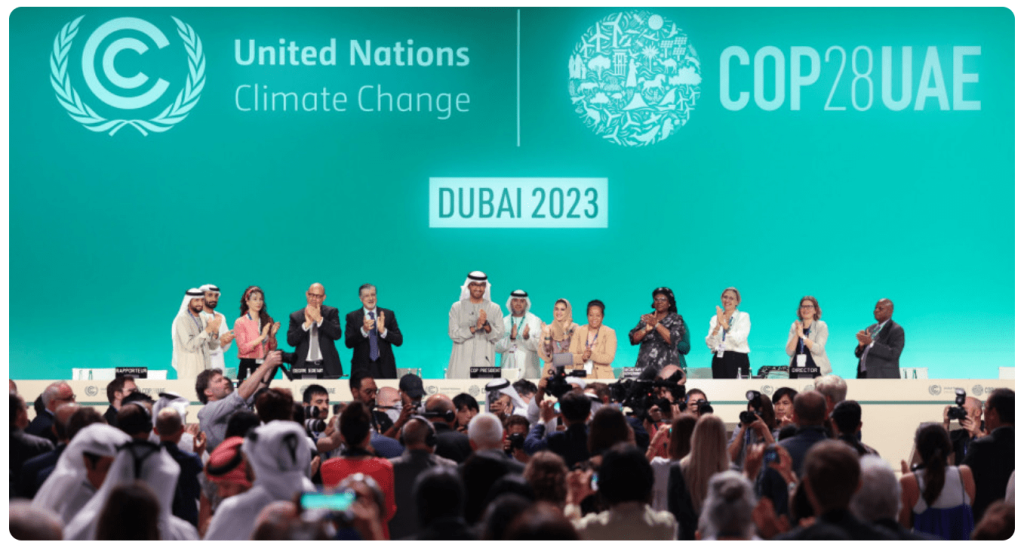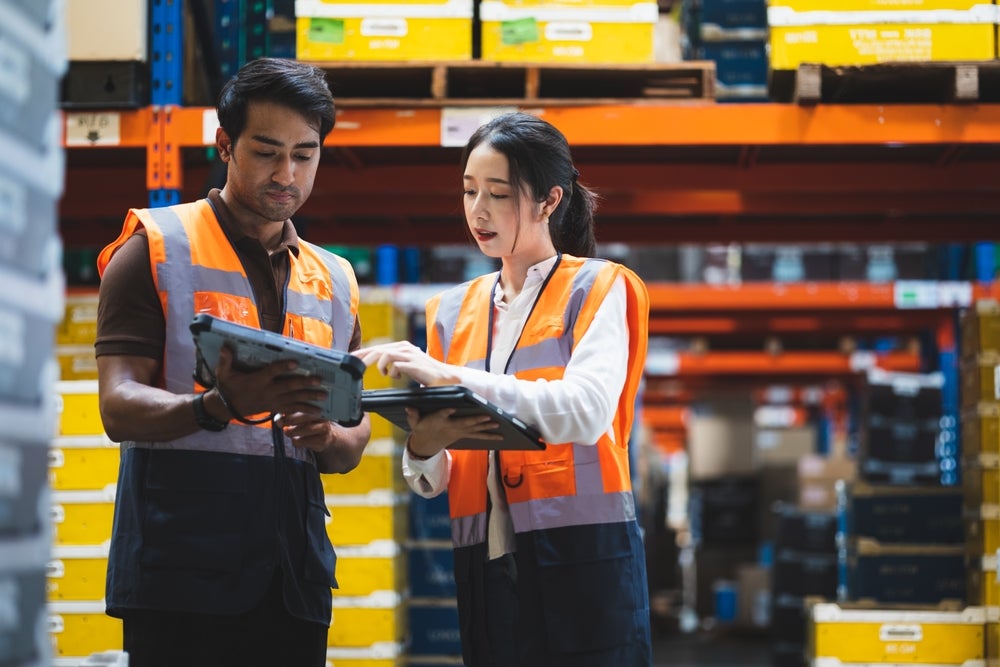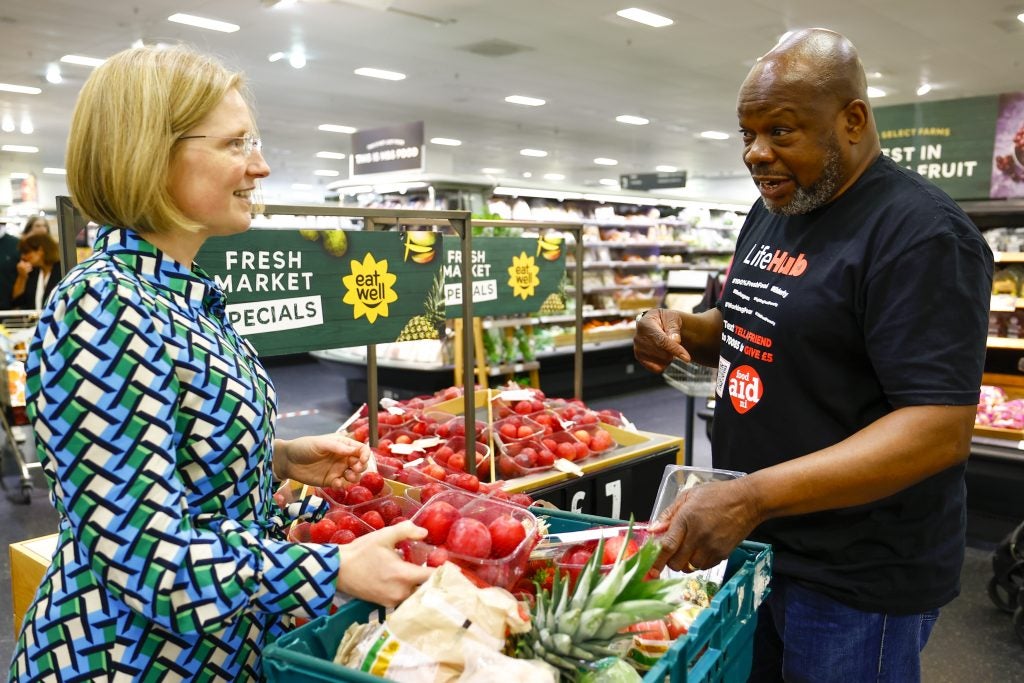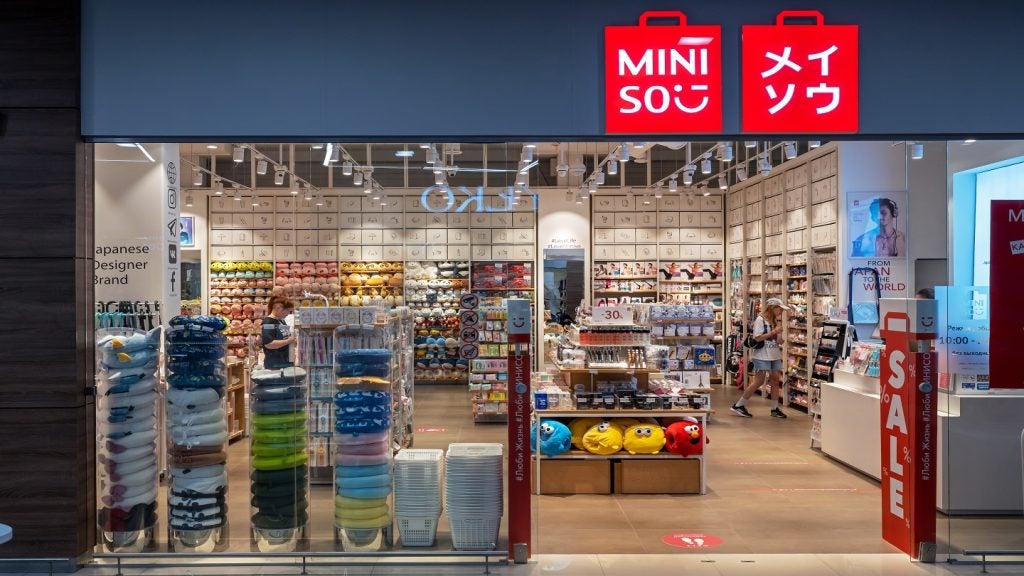The recent UN Climate Change Conference, COP28, held in the United Arab Emirates, marked a pivotal moment in the global effort to address climate change.
The agreements reached at COP28 promise the beginning of the end of the fossil fuel era and emphasise a swift, just, and equitable transition.
As the dust settles on this significant event, businesses, especially those in the retail sector, are left wondering about the implications for their operations.
The ripple effect on retail businesses
The domino effect of environmental regulations
The outcomes of COP events extend far beyond the conference halls, shaping national laws, business financing, and policies.
While current environmental regulations primarily target larger companies, the spotlight is gradually shifting toward small and medium-sized organisations. Larger companies, driven by the need for progress, are demanding more sustainability from their supply chains.
Retail businesses should brace themselves for increased scrutiny and potential regulatory changes.
Investing in sustainability: a win-win for retailers
Amidst the challenges, there is a silver lining for retail businesses that invest in sustainability. Beyond regulatory compliance, there are compelling business benefits for companies that proactively engage in environmentally responsible practices.
From reducing operational costs to attracting eco-conscious consumers, embracing sustainability can enhance a retailer's reputation and bottom line.
Taking action: a net zero plan for retailers
Measuring and reducing carbon footprints
Inspired by COP28, retail businesses can take concrete steps to contribute to the fight against climate change.
The first crucial step is developing a net zero plan. Retailers should measure their carbon footprint for recent financial years, identifying and prioritising areas for emissions reduction.
This commitment to sustainability is not only a responsibility but also a strategic move to future-proof businesses in an evolving regulatory landscape.
The collective responsibility for a sustainable future
COP28 underscores the need for collective action. Every individual and organisation, including retailers, plays a vital role in ensuring a sustainable future.
Retailers can actively contribute by embracing eco-friendly practices, adopting green technologies, and collaborating with suppliers committed to environmental stewardship.
COP28 highlights and expectations for retail
Eyes on UAE: shaping the future of crude oil use
As the epicentre of crude oil production, the UAE's role in innovating the use of crude oil and adopting new energy sources is closely monitored.
Retailers, particularly those reliant on energy-intensive supply chains, should anticipate potential shifts in energy availability and pricing.
Addressing the Loss and Damage Act: global implications for retail
COP28 addresses the implications and success of the Loss and Damage Act, seeking to reduce the environmental impact on developing countries.
Retailers should be aware of potential mandatory donations to developing nations, affecting global supply chain dynamics and potentially influencing consumer sentiment.
Pressure on UK SMEs: tighter environmental regulations
UK SMEs, comprising 90% of the corporate landscape, may face intensified environmental regulations post-COP28.
Mandatory reporting on carbon footprints could become more inclusive, and the spectre of carbon taxes looms as a potential deterrent to carbon-intensive economic activities.
Navigating the path forward
Balancing act: the role of businesses in climate policy
While COP28 offers opportunities for greener business practices, sceptics warn that business engagement may serve as a distraction.
However, with the encouragement of the United Nations and initiatives like the Race to Zero, businesses, including retailers, can actively contribute to halving emissions by 2030.
The collaborative effort for net zero: a call from business leaders
The We Mean Business Coalition, representing companies advocating for pro-climate policies, has called for the phasing out of fossil fuels.
Retailers can participate in collaborative efforts to find and accelerate solutions toward achieving net-zero emissions, aligning their goals with broader global initiatives.
Ultimately, the aftermath of COP28 presents challenges and opportunities for the retail sector.
Proactive measures, such as embracing sustainability, developing net zero plans, and adapting to evolving regulations, will not only position retailers as responsible corporate citizens but also ensure their resilience in a rapidly changing business landscape shaped by the imperatives of climate change.
















